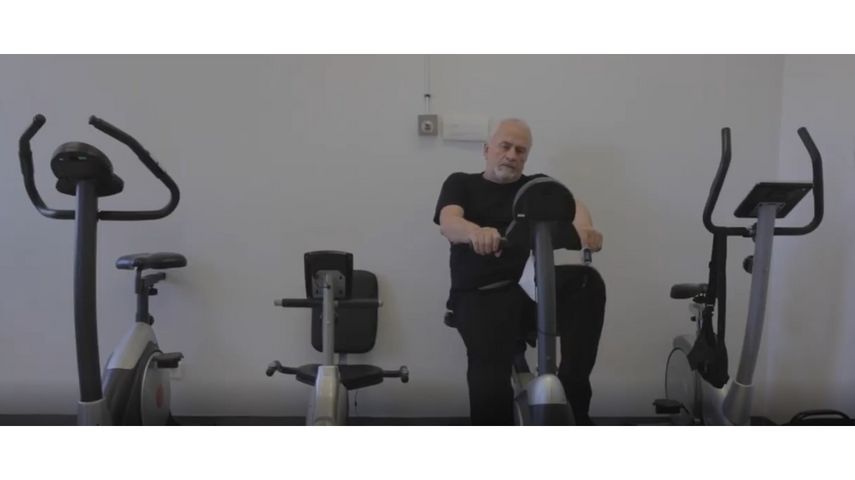STUDY GUIDE
PHYSICAL ACTIVITIES ( EXERCISE)
Physical Activities
As a thematic area, this module explores the essential role of physical activity in health maintenance, disease prevention, and rehabilitation. It emphasizes the scientific, clinical, and public health dimensions of exercise and movement across diverse populations.
Students engage with topics including:
The physiological and metabolic effects of exercise across the lifespan
Exercise prescription and rehabilitation protocols for chronic conditions
Population-level strategies to promote active lifestyles and reduce sedentary behavior
The integration of physical activity into clinical and community health programs
Key components of this module are the mastery of ergo-spirometry (a specialized diagnostic technique used to assess cardiopulmonary fitness, respiratory efficiency, and exercise tolerance) and rehabilitation. Students gain hands-on experience in administering and interpreting ergo-spirometry tests, which are critical in sports medicine, cardiac and respiratory rehabilitation, and pre-participation health assessments.
Through this training, students acquire the technical and analytical skills necessary to design personalized activity programs, evaluate physical performance, and contribute to multidisciplinary care in both clinical and public health settings.
